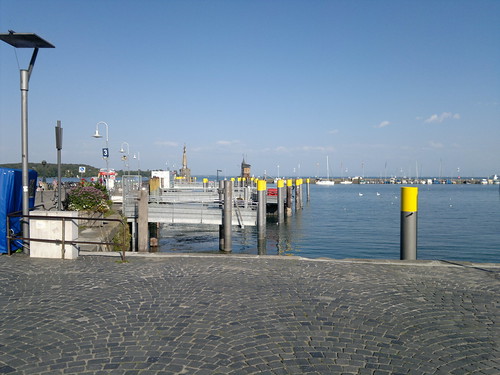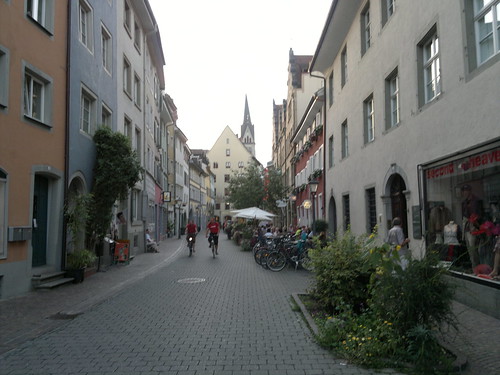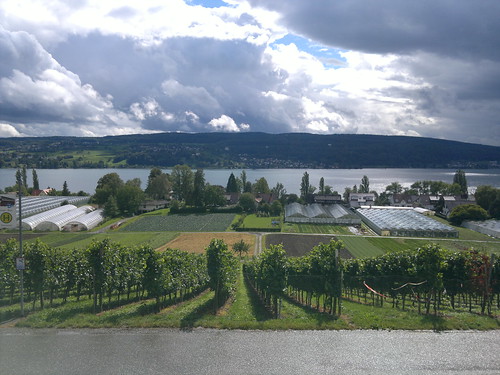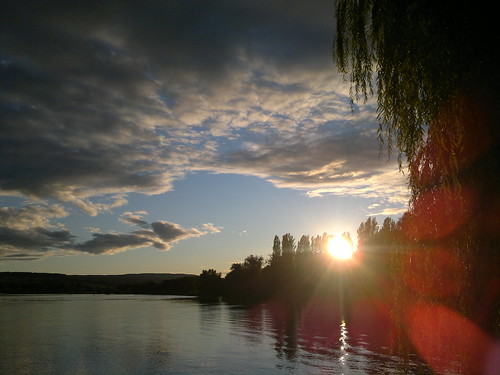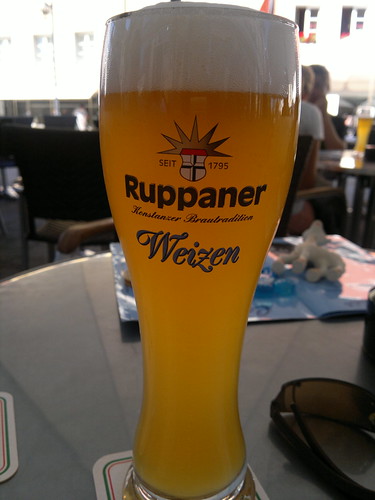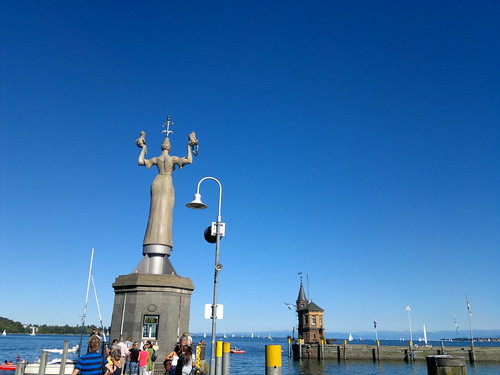This week I learned that two of my classmates from high school in northern Greater Mexico City are also in a relationship with Finnish girls and both are also living abroad. That got me thinking about how many of the guys and gals I used to go to school with back then are also overseas, and the sample is quite broad.
I’m not particularly surprised of this development given that we were educated as the so-called NAFTA generation learning English (and sometimes other languages) from childhood, and given a broader view of the world than people before us (I remember attending lessons on economics, global affairs, the stock market and compared history of North America at that time).
What sets us apart from those before us I think, is not that some of us would go abroad, but that we would not concentrate in the United States as before. In my sister’s high school class (she is only a few years older than me) most of those who are working abroad are doing so in the US (a couple here and there in Europe, but it’s a minority), whereas with us the geographic dispersion is much broader: I have classmates in Mexico, and all over the US, true, but also in Canada, Spain, Sweden, Germany, Australia, France, Brazil, UK and I believe even a couple in China. Moreover, many of them who are back in Mexico also have international experience, either as students or during their careers.
I’m sure that this is partly due to American immigration regulations after 9/11, but I believe it also has something to do with many of us wanting to see what else was out there. I wonder if the Institute for Mexicans Abroad will start tapping this kind of talent network too, as many of us are working for institutions like e.g. Shell, Nokia, Microsoft, ESA or Volvo or studying at recognised institutions all over the place. Maybe we should learn something from what the Indians and the Chinese are doing by taking advantage of their expatriates, instead of complaining about the brain drain?
Regardless, it’s good to see that most of them in Mexico or wherever they may be are doing well.

